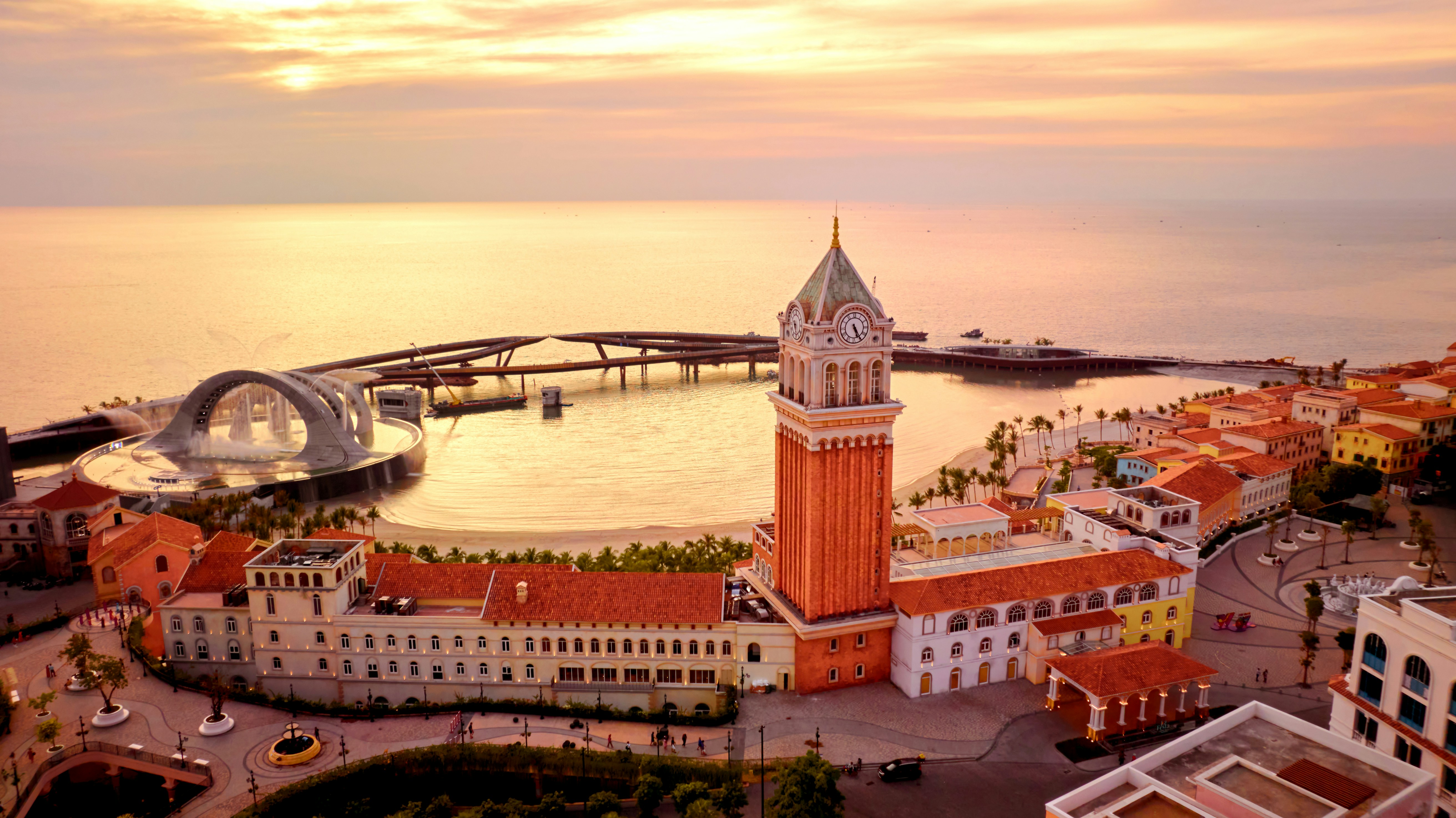
You arrive in a Chinese city and the first thing you notice isn’t the skyline. It’s the momentum. The place feels like it’s growing - cranes everywhere, concrete curing, rebar like bamboo shoots. Whole districts under active assembly.
Back home, we treat building like a morality play. First we ask: Can we build it? Engineers run the numbers, architects sketch the dream, someone produces a glossy PDF full of hopeful arrows. We prove it’s possible.



























